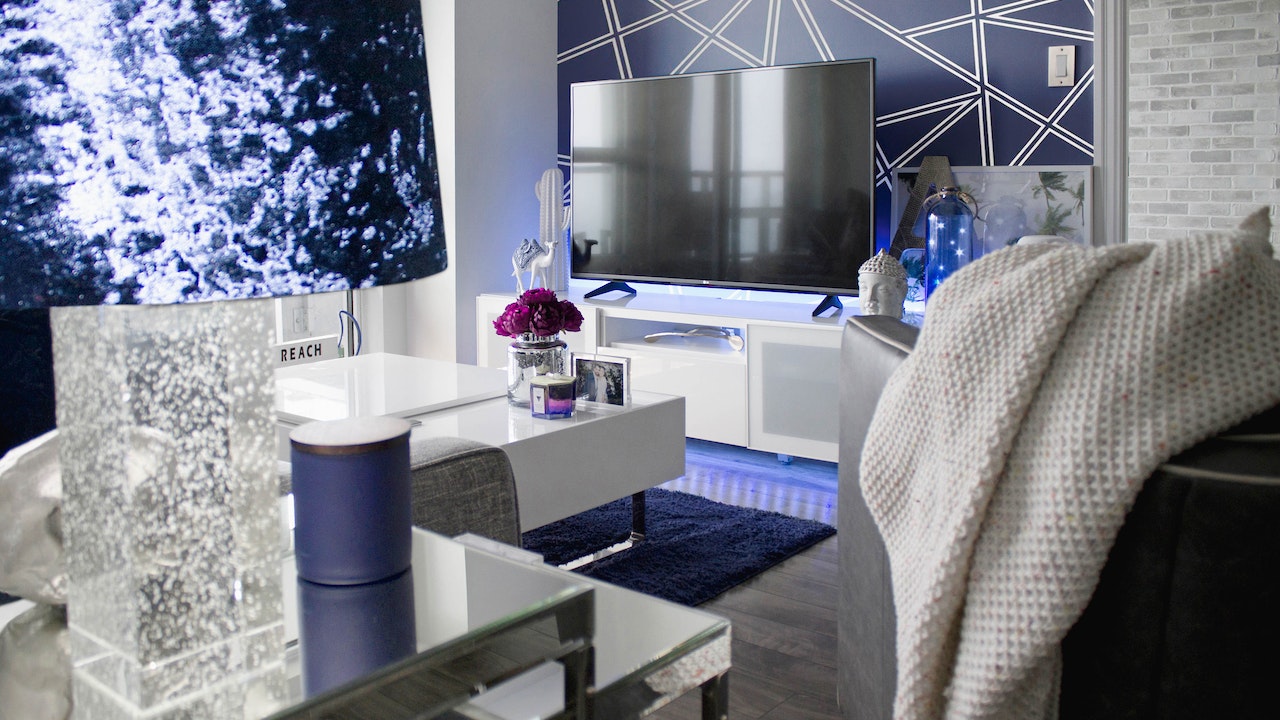The Smart Home Revolution: Redefining Our Living Spaces with Technology
Redefining the Way We Live: Exploring the Smart Home Revolution and Its Impact on Connectivity, Efficiency, Security, Personalization, Accessibility, and the Future of Living Spaces.

In the fast-paced world, we live in, technology continues to reshape every aspect of our lives, including our homes. The rise of smart homes has sparked a revolution, transforming the way we live, interact with our surroundings, and manage our daily routines. From controlling appliances with a voice command to monitoring security remotely, smart homes have ushered in a new era of convenience, efficiency, and customization. In this blog post, we will explore the exciting advancements in smart home technology and how they are redefining our living spaces.
Enhanced Connectivity
One of the key features of a smart home is its ability to create a seamlessly connected ecosystem. Through the Internet of Things (IoT), various devices and systems within the home can communicate with each other, offering an unprecedented level of control and automation. From smart thermostats that adjust the temperature based on your preferences and occupancy sensors that turn off lights when a room is empty to voice-activated virtual assistants that can perform a multitude of tasks, the connectivity of smart homes enhances our comfort and simplifies our lives.
Efficient Energy Management
Smart homes are not only convenient but also environmentally conscious. With energy management systems, homeowners can monitor and optimize their energy usage. Smart thermostats intelligently adjust temperatures based on occupancy and external factors, saving energy and reducing utility bills. Lighting systems equipped with motion sensors automatically turn off lights when no one is present, minimizing wasted energy. Smart power outlets and appliances can be remotely controlled, allowing users to turn off devices or adjust settings from anywhere, further reducing energy consumption.
Enhanced Security
Home security has taken a giant leap forward with the advent of smart home technology. Surveillance cameras equipped with facial recognition capabilities provide real-time monitoring and alerts, ensuring the safety of our loved ones and property. Smart locks offer keyless entry options, allowing homeowners to grant access remotely and track who enters and exits the premises. Additionally, smart smoke detectors and leak sensors send immediate notifications to your smartphone, enabling prompt action to mitigate potential hazards. The peace of mind that smart security systems bring is invaluable in today's world.
Personalized Experiences
Smart homes excel in delivering personalized experiences tailored to individual preferences. Imagine waking up to your favorite playlist softly playing in the background, the lights gradually brightening to simulate a sunrise, and the curtains slowly opening to let in the natural light. Smart home automation systems can orchestrate these sequences, creating an ambiance that sets the tone for the day. Additionally, voice-activated assistants like Amazon Alexa and Google Assistant can answer questions, provide weather updates, play music, and even order groceries, seamlessly integrating into our daily routines.
Accessibility and Aging in Place
Smart home technology has a profound impact on accessibility, making homes more accommodating for individuals with disabilities and the elderly. Voice commands and automated systems eliminate physical barriers, allowing for independent living. Smart devices can control lighting, temperature, and security, ensuring a safe and comfortable environment for those with mobility challenges. With the ability to monitor health parameters and provide emergency alerts, smart homes enable aging individuals to age in place with dignity and security.
Challenges and Considerations
While the benefits of smart homes are substantial, it's important to acknowledge and address the challenges they present. Privacy and data security are of utmost concern in an interconnected environment. Protecting personal information and securing smart home systems should be a top priority. Additionally, ensuring compatibility and interoperability between different smart devices and platforms is crucial to avoid fragmentation and maximize the user experience. Regular updates and maintenance are also necessary to keep the technology running smoothly and prevent potential vulnerabilities.
Conclusion
The smart home revolution has undeniably redefined our living spaces, offering a level of convenience, efficiency, and customization that was once unimaginable. With enhanced connectivity, energy management, security, personalization, and accessibility, smart homes are reshaping our daily lives and making them more comfortable and enjoyable. As technology continues to advance, it is essential for homeowners to embrace the opportunities and address the challenges that come with this revolution. With responsible adoption and ongoing innovation, smart homes will continue to revolutionize the way we live, providing us with endless possibilities and transforming our houses into truly intelligent homes.









